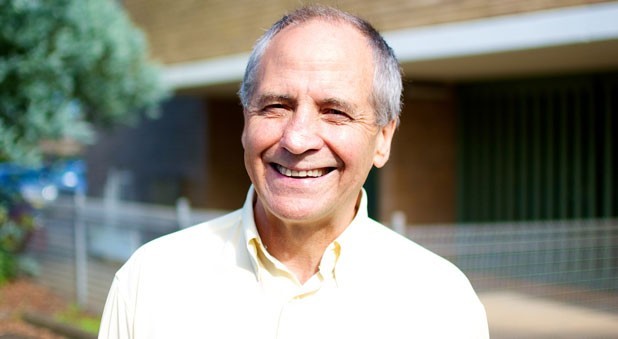A new community chaplaincy scheme is looking to train and support voluntary and paid workers in gospel ministries.
Anglicare, Moore College and Evangelism and New Churches will each have a role, providing training and support for paid and lay workers wanting to pursue chaplaincy in a range of community contexts.
“We wanted to better integrate theology and practice, so Bruce and Archie and I started talking about how we could do that,” says the Rev David Pettet, the manager for diocesan chaplaincy at Anglicare.
“ENC in particular had a need and desire to better train people for community chaplaincy. So the three of us got together to develop better approaches to community chaplaincy, prisons, hospitals, aged care, mental health – all of it – under the auspices of the Centre for Ministry Development.”
The scheme essentially adopts a two-pronged approach to training: theological education, with training largely based on the PTC provided by Moore, paired with on-the-ground pastoral and evangelistic training, supervised by Anglicare and ENC.
“As far as we’re concerned, with prisons, hospital and aged care chaplaincy as our focus, we’re training volunteers in a five-day course, which is very hands-on, where they go visit and then write up a report on the visit,” Mr Pettett says. “In conjunction with Moore external studies, they also do four PTC subjects for an award in chaplaincy. At a professional level, chaplains would work towards a more advanced award while also doing hands-on training.”
The Rev Bruce Hall, director of Evangelism and New Churches, (pictured) sees the venture as a good way to foster new chaplaincy programs in non-traditional contexts and to recognise lay workers in these roles.
“We hope people who have a passion for this and have a reference from the minister of their church would do the Moore College course, do the 40-hour practicum and then be licensed as a lay worker in a community chaplaincy,” Mr Hall says. “We can encourage [them] to work in community contexts as chaplains and evangelists, engaging with people’s felt needs... then the most important need: knowing Jesus.”
The Rev Archie Poulos, director of Moore College’s Centre for Ministry Development, has been keen for a long time to create pathways that are acknowledged as legitimate types of ministry – and formalise across the Diocese work that people are already doing. “Whether you are involved as a volunteer, doing a one-year diploma, or a full four-year program with this as part of it, it is extremely important that you are hands-on,” he says. “We wanted to help that be a possibility for people.”
Training has begun among vocational chaplains, but a series of practical training days open to potential voluntary chaplains will start in March.





























